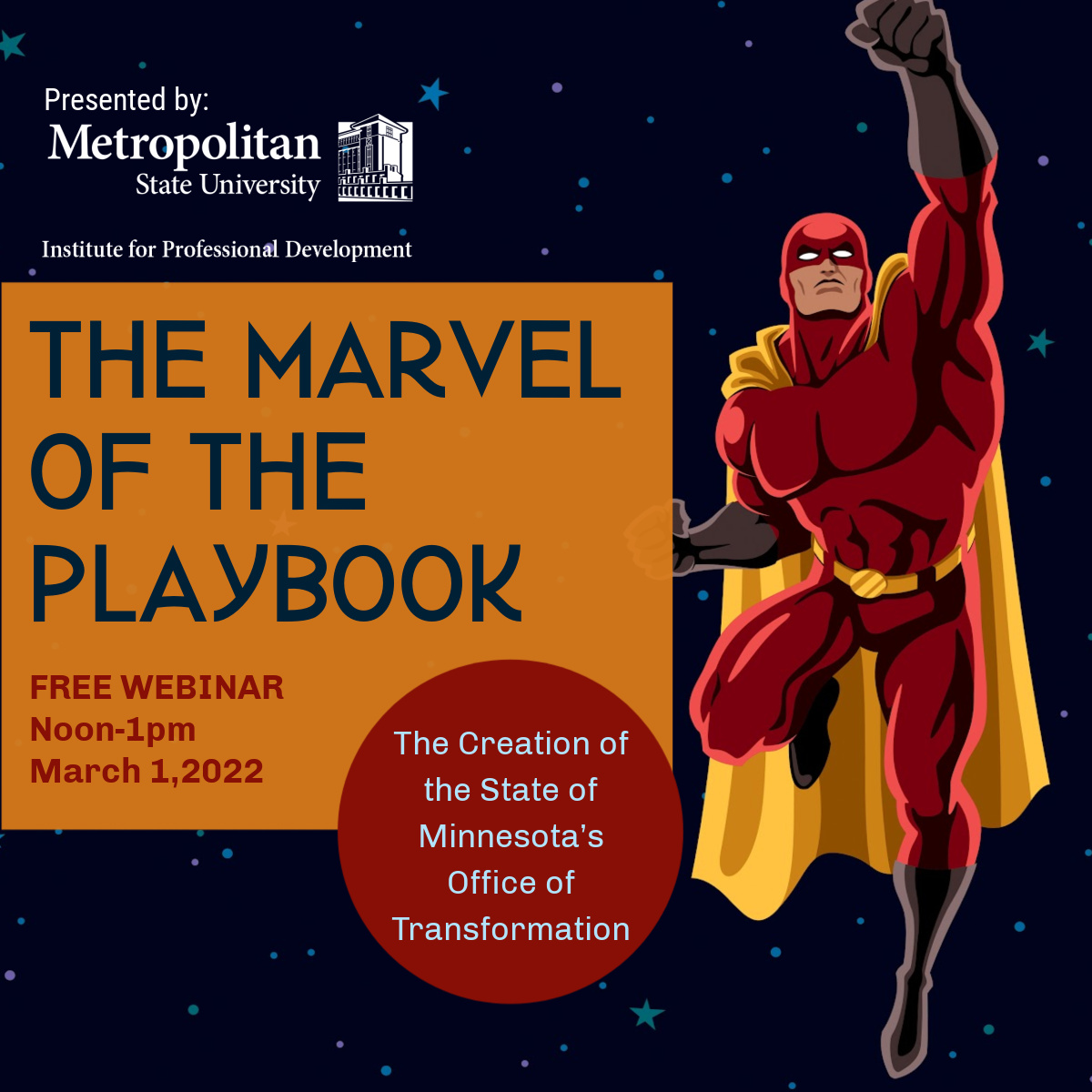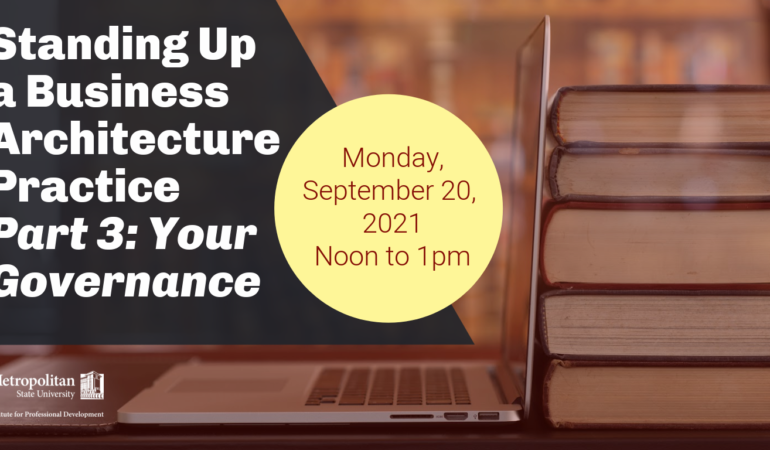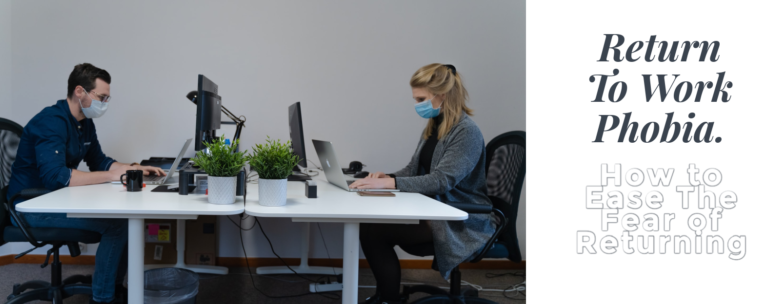The Great Resignation Transformation Part 2: You’ve Got Leverage | A Workplace Blog
While a record number of people are leaving their jobs (see the series introductory article: Is The Great Resignation Time for Your Career Transformation?), you may not have to leave to get a better deal.
Because so many people are leaving, this may be a good time to negotiate a new situation at your current organization.
Here are 10 steps to improve your current work situation:
Step 1: Know what you want
Visit the article Should I Stay or Should I Go? The Great Resignation Transformation to answer 12 questions to figure out what you want from your career and the organization you work for.
Step 2: Know what you are worth
Make sure you are armed with information about the market for your occupation. When people are in a role for a long time at the same organization, they can lose touch with the “market” for that role. Occupations are influenced by the laws of supply and demand. Understand the supply for your occupation for your region (or broader if you can work virtually). Do the math to fully understand how many openings or the percentage of vacancies for your role. Also, research the going pay rate for your role. Be aware of what others at your organization are paid for similar work. Be aware of the rate you would be paid for starting that role at another organization. Remember to calculate benefits into the equation.
Step 3: Prepare your campaign
While you are not running for office, you do need to build your platform. Do not assume that your hard work, dedication, or achievements have been noted or recorded. Again, do your homework. Compile a list of your projects, achievements, impact. Did you carry the workload of others who were missing due to family or health reasons? Get that on the list. Did you implement a process to save the company money? Add it to the list. Did you win an award for customer service? Put it on the list. Go back through evaluations, coworker emails, and customer feedback and compile all the positive comments. Have “data” to support the good work you do.
Step 4: Start your campaign
Research continues to show that engaged employees are much more productive than other employees. When you are in meetings, on phone calls, interacting with customers, be positive about your role and your organization. Make sure that others know how much you like your job and indicate your interest in continuing to work for your current organization. Have a conversation with your boss and your boss’s boss (informal or formal) and make sure they know that you are interested in a clear plan to keep moving your career forward in their organization. If you can, ditch tasks that do not contribute to your plan and take on tasks and projects that demonstrate your interests and abilities for your defined career path.
Step 5: Step up
Even though there is a worker supply deficit, be ready to take on more responsibility to get more salary and benefits. With several openings, this is a good time to look at the next org. chart layer and find a role that you want. Suggest the change as a win/win to your leadership. Provide the career path you mapped out within your organization or work with your leadership to build a path to that role if you need some more experience or skills to take that step. Most likely, they will want to work with you and develop you to keep you – a known reliable quantity — rather than take their chances on an unknown hire. The important element is to make sure they know that you want to stay, achieve, and succeed.
Step 6: Seek and take professional development
Whether it is free through your company, or free through others, like the IPD Expert Insights webinars, putting these on your calendar will show others that you are interested in learning and moving forward. In addition, good training will also infuse your creativity and self-reflection while increasing your skills and abilities.
Step 7: Create the win/win vision
While you do want to make sure that changes to your role are in your best interest, they must be framed in a win for the organization as well. Do not come across threatening, “Meet my demands or I am outa here!” You want to use your stakeholder management skills to collaboratively craft changes that are mutually beneficial. Even if you are ready to leave if the organization falls short of your ask, you do not want your attitude to burn reference bridges or tarnish your reputation after all your hard work for the organization.
Step 8: Be ready to ask for exactly what you want
Especially here in the Midwest, we are not inclined to use direct language—either when touting our worth or when asking for what we feel is fair compensation. Do not hint; be prepared to state out right what you need. Also, be ready to negotiate your initial ask. If you want more than a higher salary or if you know that more money will be tough to get, be ready to ask for better benefits or for working conditions that will suit your work/life balance better. Take the Evaluate Your Employee Benefits Assessment to build the package that you want. Prioritize what you want. And know your “deal-breaking points” and what you are willing to let go of to stay.
Step 9: Create joy and happiness at work
Experts tell you that true joy is generated through fulfilling a purpose. If you want to stay with your organization, find ways to connect your work to your personal purpose, personal values and personal mission statement. Purpose and joy are not dependent on the everyday flow of good and bad moments, but transcends them. However, happiness is OK too. Find ways to have fun each day. Take your breaks so that you stay energized and productive. Be a co-worker that others want to work with.
Step 10: Find Balance
A natural instinct can be to work long hours and take on extra work to prove your worth to your organization. While most people have moments where their job requires that extra effort, consistently working longer hours does not usually lead to recognition or reward by the organization. Some roles, like sales, may be structured that way, but for most of us, working unreasonable hours only leads to burn out – which is not beneficial to you or the organization. Find outside interests for your time that will provide additional recognition and reward.
In Summary
Managing your own career maturity is not that different from managing your work projects and operations. Take stock, figure out the gaps, and put a plan in place to close the gaps that move the needle on maturing your career.
For additional information, check out the references used for this article.












 ABOUT THE PRESENTER
ABOUT THE PRESENTER


